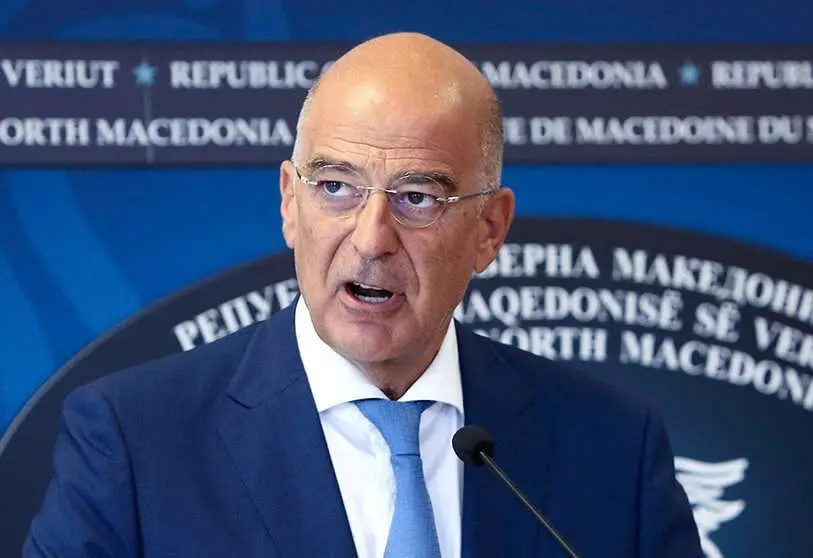Greece expands investment in Libya and will train its Coast Guard

The politics of alliances in the Mediterranean opened a new chapter this week. For some months now, Greece has had its sights set on Libya as a new investment destination. The North African country is going through a complex period of political transition that is not conducive to economic cooperation, but Athens has opted to strengthen ties with Tripoli in order to gain support in a region in constant dispute over its natural resources.
Similarly, Turkey and Italy have sought to gain influence in Libya. In Ankara's case, this influence has been maintained largely through the presence of its forces in the country; in Rome's case, through investment. Greece's objective is shifting towards the latter method, with the aim of developing economic cooperation and benefiting the activities of its business network.
A Greek delegation headed by Deputy Foreign Minister Kostas Fragogiannis travelled to Tripoli on Sunday with this aim in mind. The second in command of Greek diplomacy held a meeting at the Corinthia Hotel with his Libyan counterpart, Mohamed Khalil Issa, to discuss an extensive investment agreement that would help the Libyan economy in a context marked by profound political instability.
On the same day, a total of 43 private business meetings took place between Greek and Libyan companies in the framework of the Greek-Libyan Business Forum.

As a result of the meeting, the Libyan Investment Authority (LIA) signed a Memorandum of Understanding with Enterprise Greece, the Greek national investment agency under the Ministry of Foreign Affairs, which included a series of partnerships in the energy, industrial and educational sectors. The agreement will also create investment opportunities for both sides.
At the end of the bilateral meeting, the Greek and Libyan representatives issued a joint communiqué in which they demanded the immediate withdrawal of all foreign troops deployed in Libya, mostly sent from Ankara and Moscow, which contravene the agreements signed by the international community and prevent the effective progress of reconciliation between the two parts of the country, divided since the civil war of 2014.
In this regard, Fragogiannis pointed out that Greece was a pioneer in establishing a consulate in Benghazi, opened in August, and the first to invest in the country after a decade of conflict, highlighting Athens' commitment to the Libyan national union. "Greece has never harmed Libya," the Libyan deputy foreign minister stressed.
Issa also highlighted the role of the Greek state in the process of national reconstruction and its non-interference in matters of sovereignty, a factor that few can boast of in the North African country. However, the diplomat stressed that with the signing of this agreement, the Tripoli-based Government of National Unity, the executive in charge of the transitional process, does not intend to break off bilateral relations with Turkey.
Greek companies, present in the Libyan economy in the past, are willing to return and take an active part in the reconstruction process, but also to explore new perspectives, while initiating bilateral economic and commercial cooperation, according to the Greek daily Ekathimerini.

With this agreement, Greece gains ground to the detriment of Turkey. Ankara backed the Government of National Accord against General Haftar's forces based in the east, which were supported by Russia, Egypt, the United Arab Emirates (UAE) and France. However, the sending of troops has been considered interference and denounced by the international community.
Migration control
The alliance, however, has not been reduced to the economic sphere. During the meeting, Fragogiannis offered to train members of the Libyan Coast Guard, a proposal that is part of Athens' attempts to control the exponential increase in migration along the coasts of North Africa, which is destined for the Greek coast. The Libyan delegation, led by Issa, accepted the offer.
The UN has counted more than 5,000 migrants detained in the port of Gargaresh near Tripoli, including hundreds of women and children. Amnesty International attributes the decisions to the Interior Ministry, but the Libyan authorities justify their action as part of a security campaign to curb illegal migration and drug trafficking.








